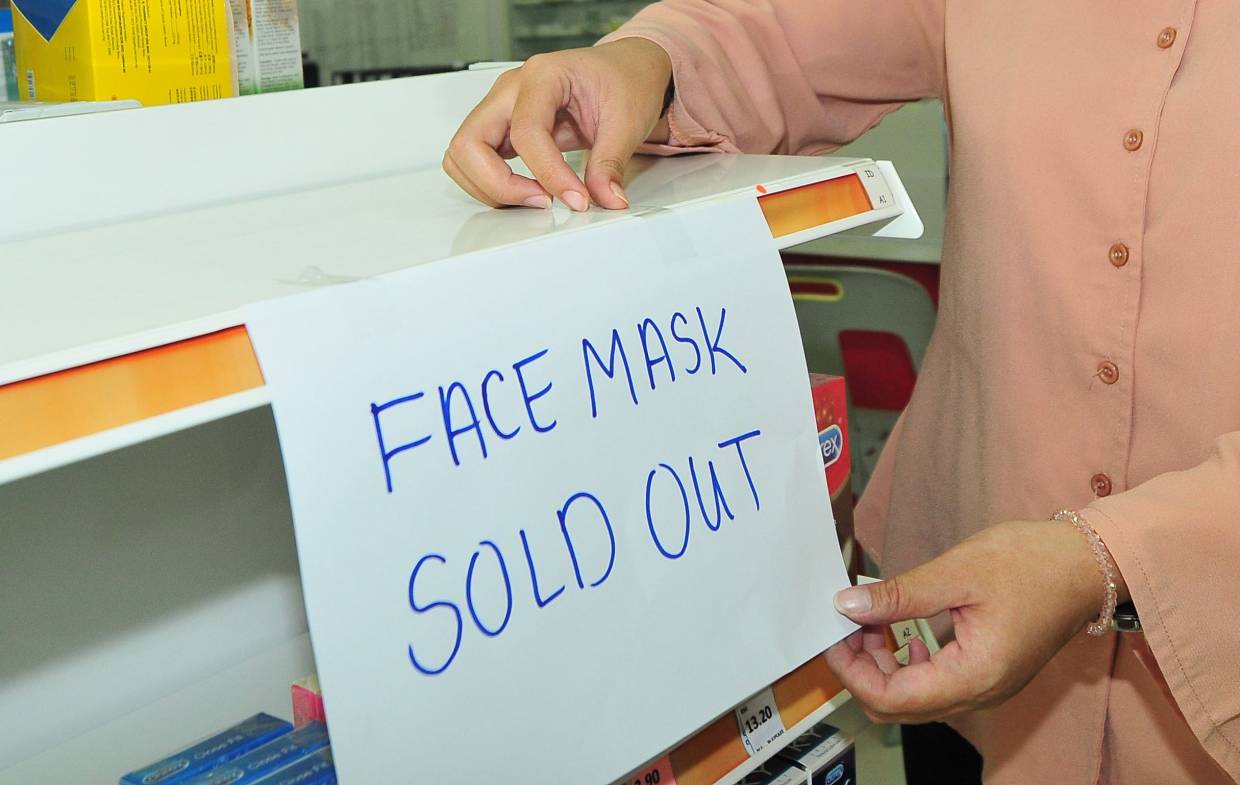Coronavirus is a serious threat to Korea. At present over 2,931 cases are recorded and 16 have died of the disease. The government has asked that gatherings of people be curtained and all of the Catholic dioceses have discontinued Masses and gatherings at the church. The Incheon diocese will continue to March 15 without Masses.
In the Eyes of the Believer column of the Catholic Times, a newspaperman is more concerned with the spread of fear than the infectious disease. The means of spreading fear are mainly words and writings, and the medium that carries them is no longer the traditional media— newspapers, and broadcasts, but the explosion of the new media.
In Korea, there are about 8,000 internet newspapers registered with the government. The number of single-person media based on digital platforms like YouTube are uncountable. Besides, smartphones that are opened to these media have become a necessity for everyday life. It's estimated that about 60,000 news items come to the attention of the public daily.
The number of media is overwhelmingly larger than in the days of SARS (2003) or Mers (2015), and there are far more words about the Corona19, with the possibility of raising fears.
When a society is confronted with war, political, economic, social problems or infectious diseases, the government must focus on all the issues at the same time. If you don't manage the words and texts that are being spread in society, ugly public sentiment can be the result and cause great harm. We have numerous examples of this in world history.
But in the modern democratic system, it is not right for the government to 'manage' words and writings. 'Freedom of expression' is one of our basic rights. It is as fragile as it is precious, and it is only appropriate to manage it within the framework of law and social practice.
In that sense, the response of China's government, which is the origin of Corona 19, has been shocking. China tried to merge capitalism and socialism; developed a free market economy, but again showed that the state management system was totalitarian. The freedom to make known the facts on the virus was curtailed and foreign reporters who reportedly criticized the government were deported.
The attempt to silence public opposition to maintain the system has been frequently witnessed in our recent history. In 1980, the military government tortured and imprisoned those who correctly conveyed the reality of the May 18 democratization movement. Of course, They were accused of spreading rumors (fake news). This ruthless management of people's words and writings continued until the June 1987 Democracy Movement.
In fact, many of these things have been going on in human civilization and continue in many countries.
Even if the National Assembly tries to enact a crackdown on digital news, 'fake news', many lawmakers oppose it, and there are still more than 10 bills pending. Many countries are in a similar situation. It is because of the freedom of expression.
Germany is a country that curtails 'hate speech' because of its history of hate crimes during World War II. Other European countries rejected the curtailment of free speech. Defining the truth at the discretion of the government is wrong due to concerns that it will hurt the freedom of expression, one of the basic rights of a free people.
As the corona spreads further, the difficulties of the government increases. However, a democratic government shouldn't express their willingness to crack down on fake news too often. It would be reasonable to just promote it as an official notice from the government.
